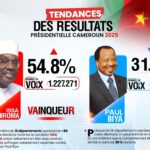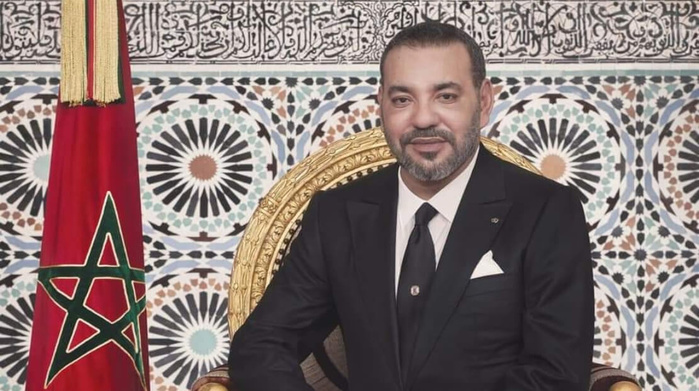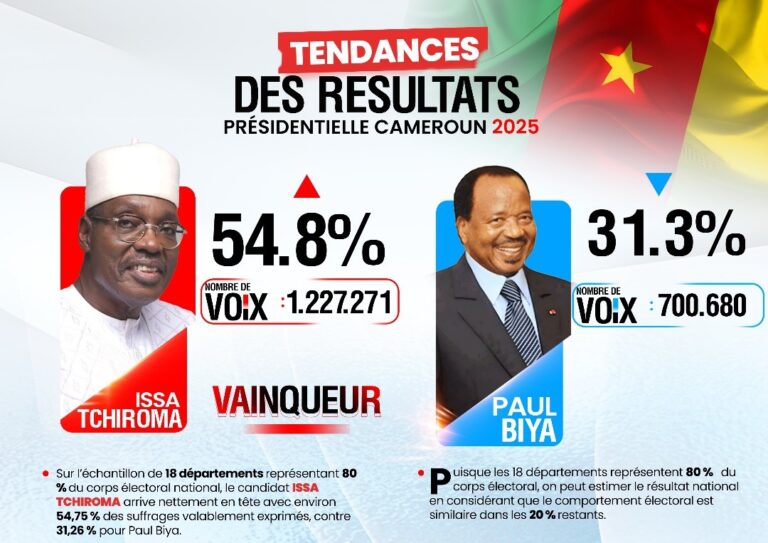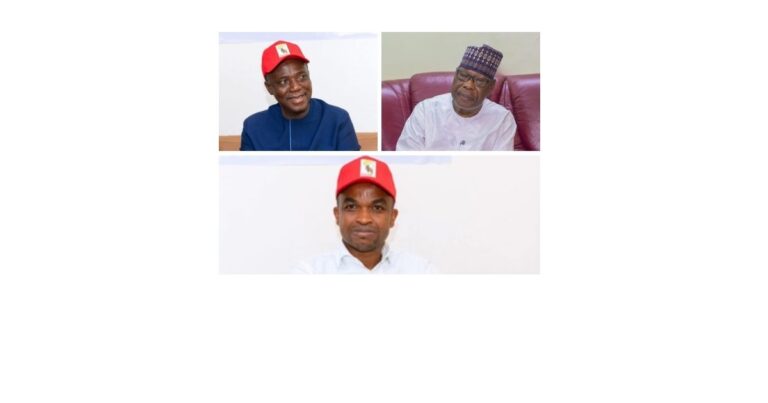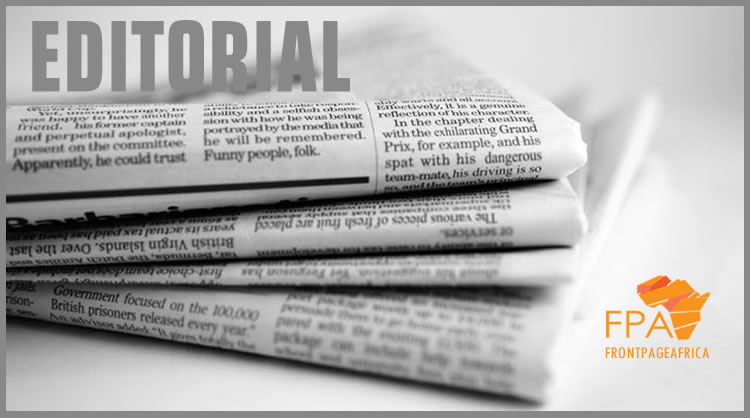
WHEN PRESIDENT JOSEPH Nyuma Boakai appointed Dr. Dougbeh Chris Nyan as Director-General of the National Public Health Institute of Liberia (NPHIL) in August 2024, the move was widely hailed as one of his administration’s most brilliant decisions.
DR. NYAN, AN accomplished biomedical scientist, inventor, and infectious disease expert, brought home a wealth of international experience and credibility at a time when Liberia’s public health system needed visionary leadership. In less than a year, his stewardship at NPHIL revived hope in the country’s disease surveillance and research capacity.
THAT IS WHY his abrupt dismissal last week—barely a year into his five-year statutory tenure—has left many Liberians disappointed and questioning the administration’s commitment to due process, transparency, and meritocracy.
THE CONSTITUTIONALITY QUESTION
PRESIDENT BOAKAI INDEED holds the constitutional authority to appoint and dismiss officials in the Executive Branch. However, that authority is not absolute, especially when it conflicts with tenure-protected positions established by law.
SECTION 4 OF the NPHIL Act of 2016 clearly provides that the Director-General serves a five-year tenure, and may only be removed for gross inefficiency, corruption, or criminal conviction — and crucially, in accordance with due process.
IN DR. NYAN’S case, the decision to remove him rested on an 11-count resolution from the NPHIL Board of Directors, chaired by Dr. Stephen B. Kennedy, citing “gross inefficiency” and alleged procedural breaches. Yet, upon closer examination, the Board’s claims appear subjective, insufficiently substantiated, and potentially politically motivated.
THE PRESIDENT, BEFORE taking action, should have carefully reviewed Dr. Nyan’s comprehensive written defense, which included documentary evidence countering the allegations. At the very least, an independent investigative committee should have been constituted to objectively assess the validity of the Board’s accusations.
INSTEAD, BY ACCEPTING the Board’s resolution at face value, the President risks sending the wrong message — that even in a tenure-protected institution, one’s job security depends on political favor, not performance or legality.
A RECORD OF RESULTS, NOT FAILURE
THE IRONY OF this decision is that Dr. Nyan’s tenure was one of the most productive in NPHIL’s recent history.
UNDER HIS LEADERSHIP, NPHIL spearheaded the genetic identification of a new Monkeypox virus strain (Mpox Clade IIa) — the first such discovery in Liberia in over half a century. His administration strengthened laboratory systems, reinforced surveillance networks, and improved coordination with regional and international health bodies such as Africa CDC and ECOWAS-WAHO.
IN ADDITION, UNDER Dr. Nyan’s watch, Liberia maintained an enviable record in the fight against Mpox. As of October 13, the country had recorded 1,083 laboratory-confirmed cases, including 185 active cases, 894 recoveries, and just four deaths.
EVEN CRITICS OF his management style have admitted that his technical performance was exceptional. By every scientific and administrative measure, Dr. Nyan was advancing Liberia’s health security architecture — a critical national asset after the devastating experiences of Ebola and COVID-19.
TO CHARACTERIZE SUCH a record as “gross inefficiency” is, at best, a distortion and, at worst, a disservice to the truth.
The Board’s Conduct and the President’s Oversight
THE NPHIL BOARD, as Dr. Nyan rightly pointed out, appeared to have operated in violation of its own governance protocols, at times meeting in his absence and allegedly demanding sitting fees. Its accusations that the Director-General “bypassed oversight” or “failed to coordinate” were largely administrative grievances — not acts of corruption or incompetence warranting removal under the NPHIL Act.
THIS RAISES THE question: Was the Board’s resolution an objective administrative review, or a personality clash between an outspoken scientist and a bureaucratic establishment resistant to reform?
PRESIDENT BOAKAI’S DECISION to endorse the Board’s recommendation without an impartial review gives the impression of bias — and undermines confidence in the independence of statutory institutions designed to shield professional technocrats from political interference.
A MISSED OPPORTUNITY FOR LEADERSHIP
THIS EPISODE WAS a test of President Boakai’s commitment to fairness and good governance. Instead of relying solely on the Board’s resolution, the President could have demonstrated statesmanship by seeking independent verification.
HAD HE DONE so, it would have reaffirmed his administration’s promise to uphold the rule of law and institutional integrity. Instead, the decision appears rash and politically convenient — one that weakens institutional autonomy and discourages other qualified Liberian professionals from returning home to serve.
DR. NYAN’S DISMISSAL is not just about one man losing his job. It symbolizes a broader governance dilemma — where political discretion trumps legal safeguards and where competence can be sacrificed for conformity.
OUR POSITION
FRONTPAGE AFRICA FIRMLY believes that President Boakai erred in approving the dismissal of Dr. Dougbeh Chris Nyan based solely on the Board’s allegations.
WE URGE THE President to reconsider the decision or at least commission an independent review of the circumstances leading to Dr. Nyan’s removal. Such a move would demonstrate integrity, fairness, and respect for the very laws his administration swore to uphold.
LIBERIA CANNOT AFFORD to lose its brightest minds to politics or bureaucracy. In Dr. Nyan, the country had a scientist with global recognition, proven competence, and an unwavering passion for public service. Removing him in this manner not only sets a troubling precedent — it also deprives Liberia of the leadership needed to strengthen its public health defenses.
FOR AN ADMINISTRATION that came to power promising reform, this was a regrettable misstep.


